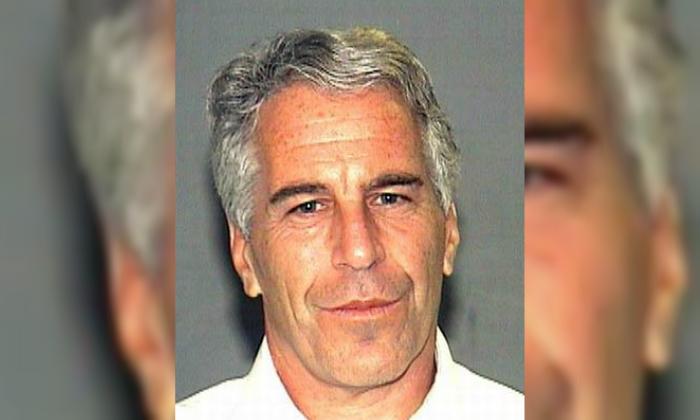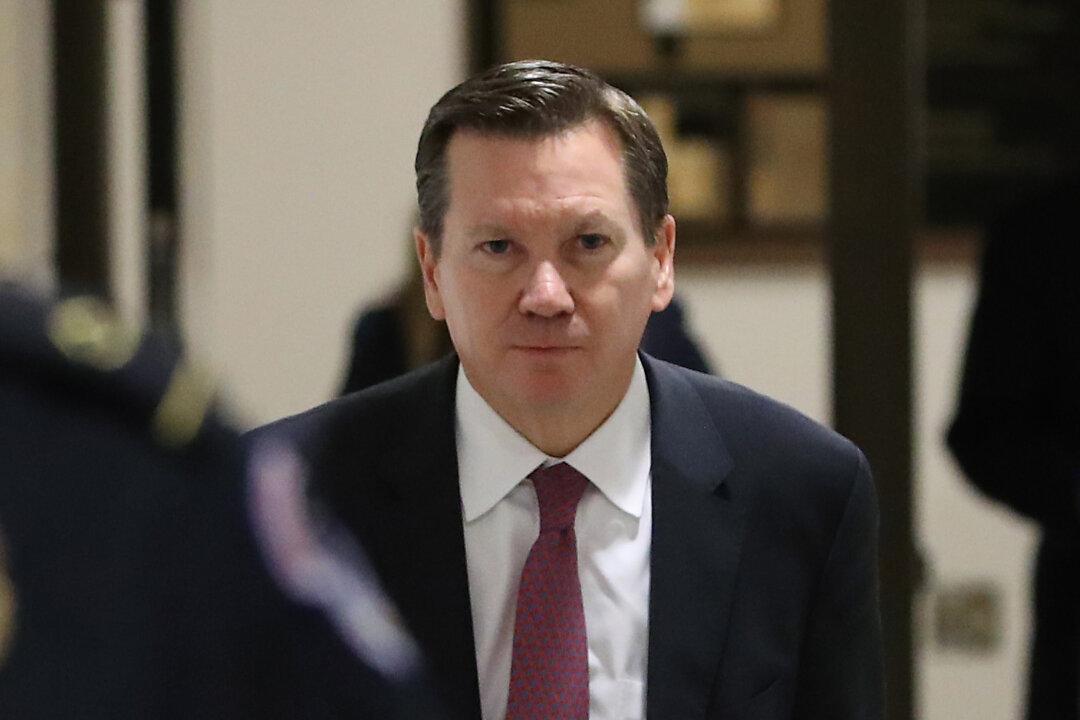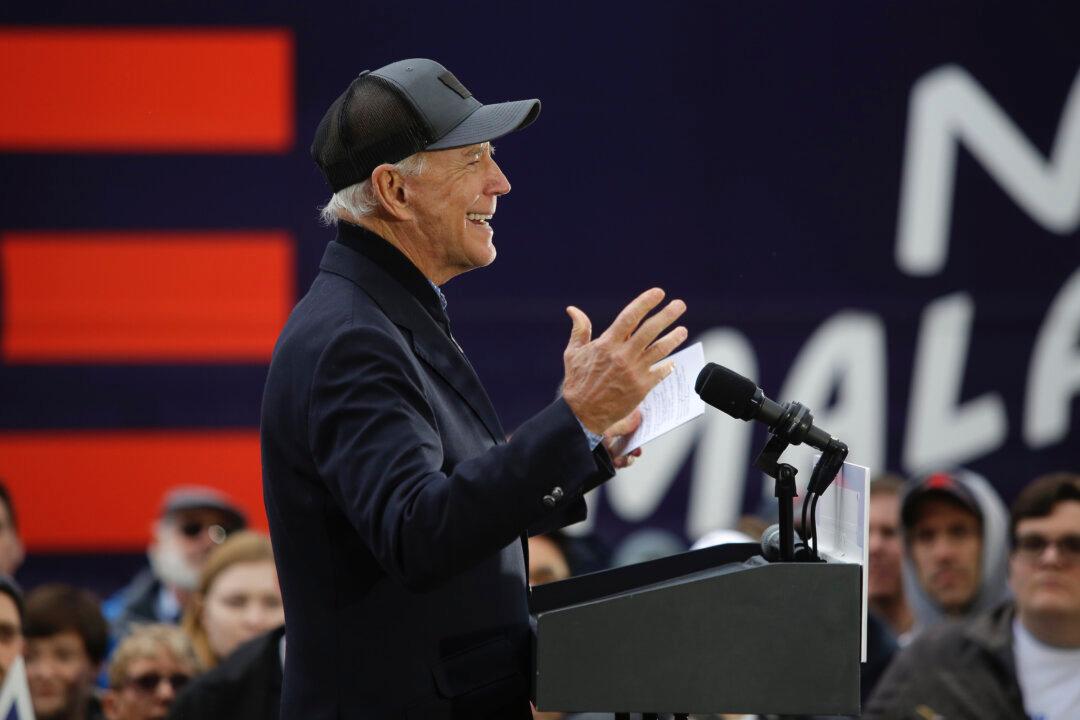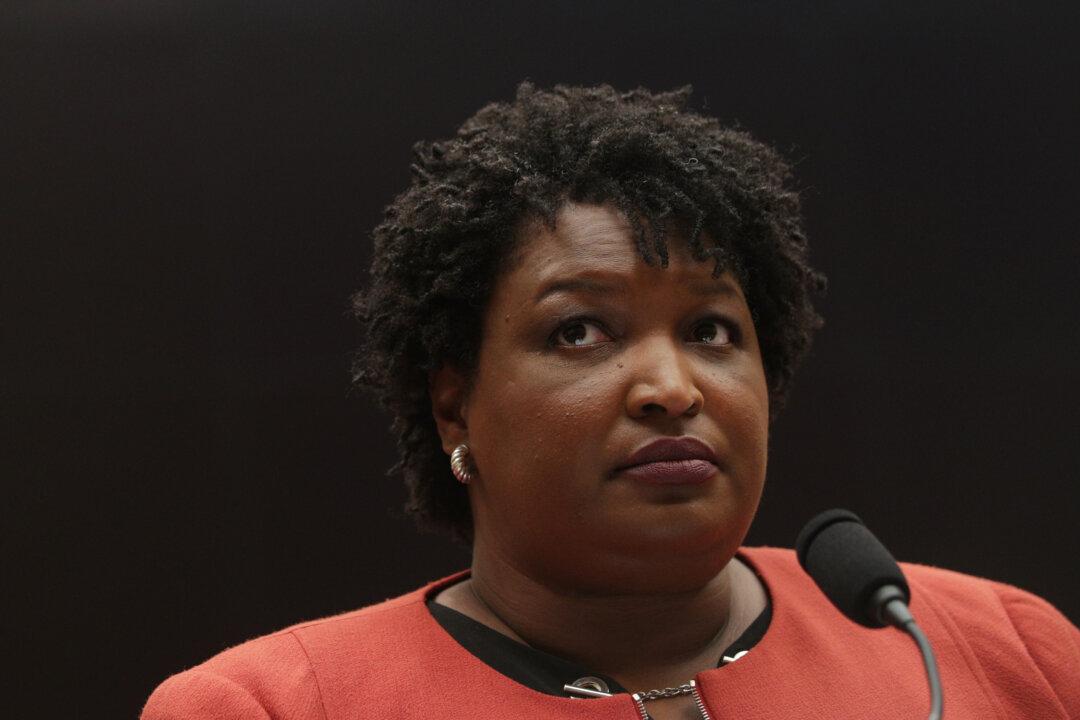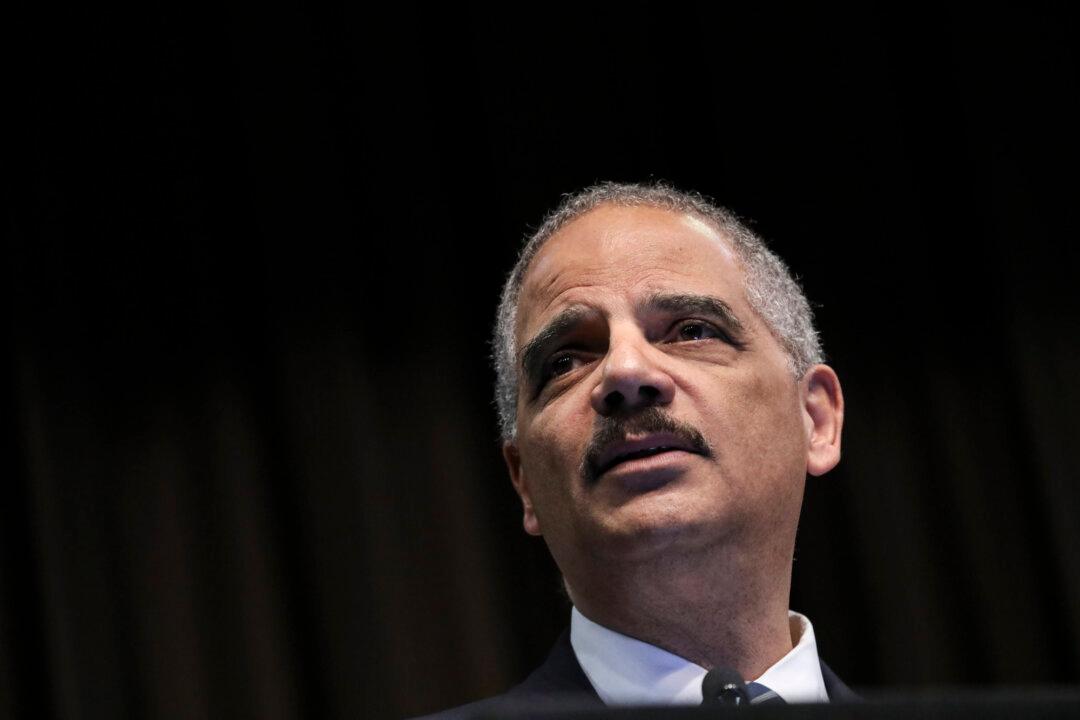Oral arguments about whether to unseal documents from a past court case involving accused sex trafficker Jeffrey Epstein will begin March 6 at the U.S. District Court of Appeals for the Second Circuit in New York City.
The case, Giuffre v. Maxwell, was a defamation lawsuit brought by one of Epstein’s alleged victims, Virginia Roberts Giuffre. The suit was settled in May 2017, but unsealing related court records could introduce volumes of new information regarding Epstein’s alleged activities, and those of his powerful alleged co-participants.
